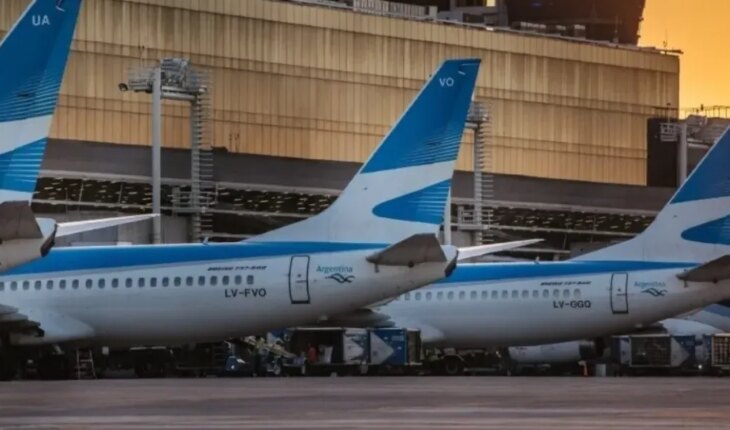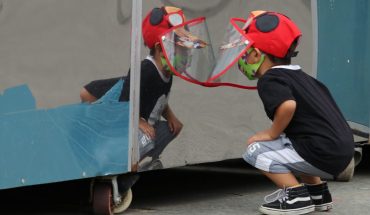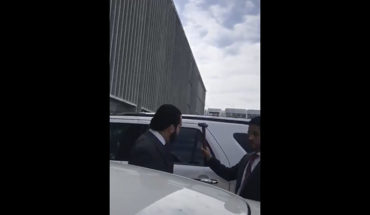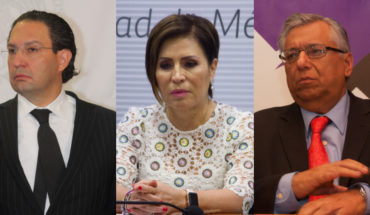The national government is moving forward with a profound deregulation of long-distance planes and buses. Airlines will no longer have to process authorizations to be authorized a route, and public hearings will be eliminated. As for the bus service, it is intended that companies travel wherever they want without the need to ask for permits. Long-distance buses and the commercial airline market are on the verge of embarking on a new deregulated path. Among the main changes for the commercial airline market are the elimination of authorizations to deliver a route. Any local airline can fly wherever it wants. Doubts point to market reactionsRegarding long-distance buses, those with transport capacity and safety requirements, for example, can provide services where they deem appropriate. It could be summed up in that there will be much more freedom in the skies and on the roads. One of the doubts is how the market will react and whether this system could generate a huge concentration in large business groups, as well as an eventual lack of connection with some destinations. Eight days after its publication, as established by law, the decree signed by the President remained in force. There is, of course, a chapter that is questioned by the Labour Justice and that has to do with all labour regulations. The necessary regulationAt that time, there was a profound change in commercial aviation legislation. For a few weeks now, a group of lawyers from insurance companies, advisors to that market and officials have been meeting in a commission that is trying to shape the regulations necessary for that regulation to begin to be operational. The conversations are usually remote, but they also met at one time in the offices of the Ministry of Transport managed by Franco Mogetta from Cordoba. There is agreement to move definitively forward with the total elimination of public hearings as a requirement for airlines to request routes. A requirement that divides the watersAccording to reports, the procedures will be digitized and as long as the company complies with the requirements demanded of an airline, it can fly wherever it wants. However, among those requirements is one that divides waters. The aim is to maintain the requirement for companies that make domestic flights to have Argentine crews and aircraft registered in the country. That is, a company according to local laws. It should be noted that nothing is written or finished. President Javier Milei’s entourage assures that the idea is to deregulate all Argentine skies. That is, any company can come with a foreign crew and aircraft and serve an internal route. That point remains to be seen and the big openers are not so optimistic. The issue of busesAnother initiative that is taking shape is the deregulation of long-distance buses. The government’s idea is that any registered company can go wherever it wants, without restrictions and without having to apply for any permits. Currently, the routes are operated through a precarious permit. The basis of the system is that there are main routes, for example, between two cities, and the State, through regulations, imposes that this bus has some services that enter the towns that are on the route. This standard is the one that generates connectivity, although it is not the most celebrated by carriers because it is not as profitable as the sections from one head to the other. Several remote villages could be cut off by public transport. Meanwhile, the government is not afraid of this assumption; They say that it will only be regulated and that some smaller ones will appear to do business with those shorter tranches. Another issue to be reviewed is the labor regulations of the different types of long-distance carriers. For example, combis or tourism services, those that organize trips for concerts or shopping tours, have collective agreements that are much cheaper than long-distance ones. Therefore, there are not a few who demand that he equalize everyone, and then, yes, open up the competition. It sounds logical, that everyone competes under the same conditions.
Original source in Spanish
Planes and buses: the government moves forward with a deep deregulation of air and land transport
March 5, 2024 |





